2025-02-11 09:02
Grundfos Launches Electric Truck Deployment with Maersk
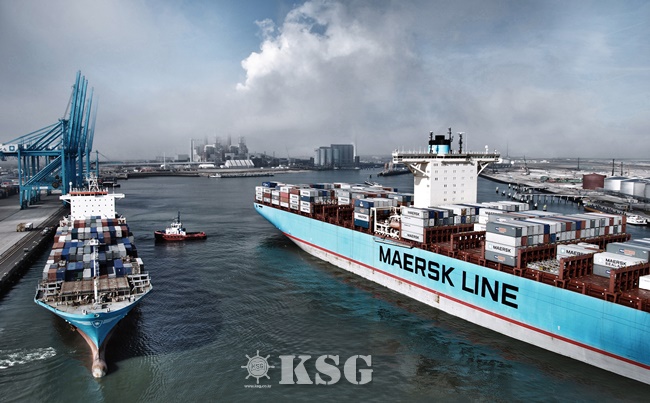
Every single day, thousands of containers are transported globally by truck for hinterland haulage – to and from ports, between factories and warehouses, or on the last mile to their final destination. The countless road transports not only cause greenhouse gas emissions, but also harmful exhaust fumes and noise emissions for people and animals.
This makes the conversion of truck fleets worldwide to electric trucks (EV trucks) one of the most important and, at the same time, one of the most difficult tasks in logistics. The challenges are many: e-trucks cost up to three times as much as conventional diesel trucks, their range is significantly shorter and suitable charging infrastructure is still lacking in almost all countries. In addition, customers must be prepared to pay a surcharge for road transport with lower climate impact due to the additional costs.
"This is a gigantic task, but we must not be intimidated by it," says Birna Odefors, Managing Director of Maersk Area Nordics, which is home to a particularly large number of customers who are among the pioneers of decarbonised logistics.
One of Maersk's Danish pioneer customers is Grundfos. The Danish engineering company, that specialises in advanced pump solutions and water technology, is now using Maersk's electric truck offering, where containers are transported between their factory and the port of Aarhus by an electric truck. The pilot transports have been running since October 2024 and are to be ramped up to around 600-800 containers per year in the future.
Since 2020, Grundfos has been one of the first customers to ship their seaborne containers with fuels with lower climate impact with Maersk. Today, Grundfos already uses this ECO Delivery Ocean product for 100% of its ocean freight under Maersk care. The use of a mix of alternative marine fuels such as waste-based biodiesel and bio-methanol reduces Greenhouse Gas (GHG) emissions by up to 80% compared to fossil marine bunker oil. With the electric road transports, which are now being added, the direct tailpipe emissions of the trucks are completely eliminated, as the electric truck is charged exclusively with renewable electricity.
Maersk aims to significantly reduce its GHG emissions from all modes of transport and its more than 500 logistics centers worldwide by 2030. Maersk’s net zero target is the year 2040. Grundfos aims to achieve net-zero emissions by 2050 and also has, same as Maersk, ambitious interim targets for 2030.
Grundfos pioneers solutions to the world’s water and climate challenges and improves the quality of life for people. As a leading global pump and water solutions company, we promise to respect, protect, and advance the flow of water by providing energy and water efficient systems and solutions for a wide range of applications for water utilities, industries and buildings.
< Korea Shipping Gazette >
많이 본 기사
- “해양관광대국 초석 다진다” 해양레저관광협회 공식 출범CMA CGM, 美 항만운영사 설립…터미널 10곳 묶는다북극항로 민관협의회 출범 “9월 시범운항”해수부 출입 해운기자단, 해사신문 윤여상 국장에 감사패 전달KSS해운, BGN·태국석유공사와 VLGC 7척 장기계약삼성중공업, 지난해 영업익 8622억 달성…12년來 최대정기선 HD현대 회장, 印 모디 총리 만나 합작조선소 건립 논의日 MOL, HD한국조선해양에 액화이산화탄소 운반선 2척 발주한진, ‘물류 바탕’ 전방위 ESG 경영 확산인천공항 취항 항공사 101개 돌파…사상 최대
- UPA, 소규모 항만 건설현장에도 재해예방 기술지도 실시인사/ 한국해양수산개발원‘부산 환적·광양 수출입’ 컨물동량 1%대 성장케이조선, 5만t급 화학제품운반선 4척 수주…2900억 규모인사/ 해양수산부목포해大 최부홍 신임 총장 “학생·지역·국가에 책무 다할 터”콜드체인協, 제11기 콜드체인관리사 양성과정 모집태웅로직스, 이천 풀필먼트센터 구축…이커머스 물류 진출기고/ 선박건조계약상 하자보증시 면책조항의 해석인천항만공사, 인공지능 기반 혁신 우수사례 발굴 주력
스케줄 많이 검색한 항구








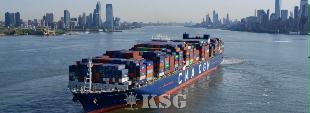
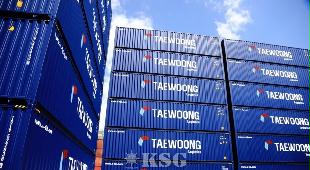




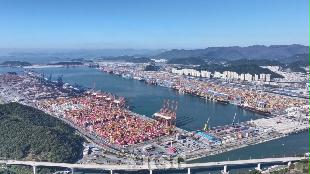
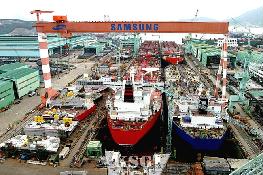
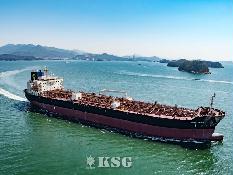
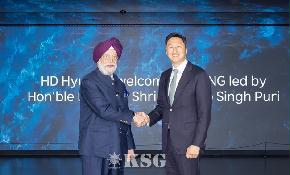



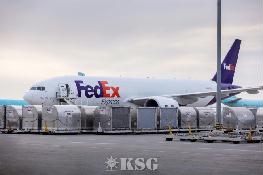
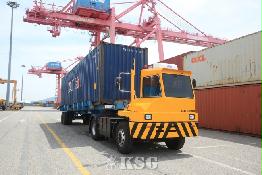






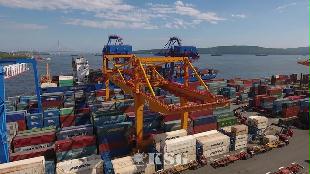
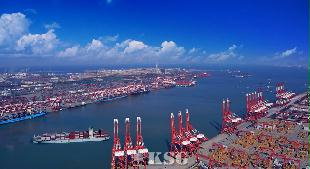
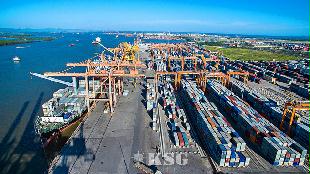
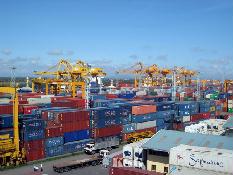





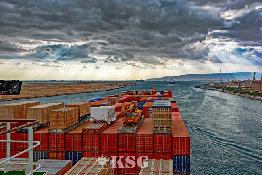
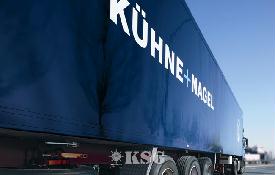
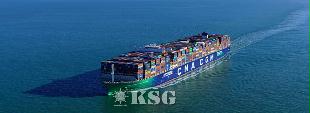
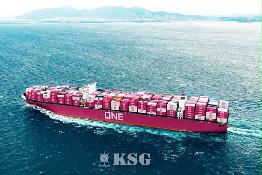





















0/250
확인